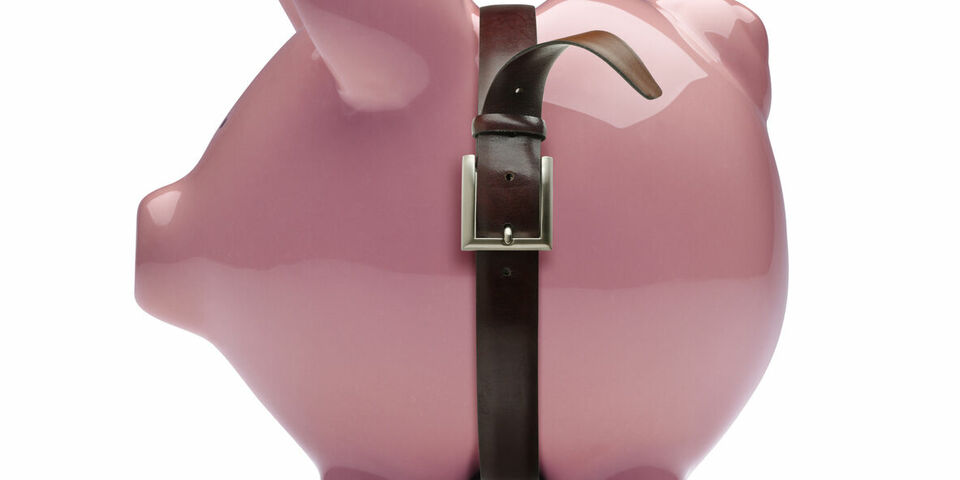In July 2022, less than two years ago, the universities reached an administrative agreement with the Ministry of Education. “Each and every one of us signed that document”, explains Ruben Puylaert, spokesperson for Universities of the Netherlands.
The deal entitled the universities to annual funding of 200 million euros in exchange for wide-ranging commitments. In it, they gave assurances to the education minister on a whole series of issues, from national cooperation to social safety and knowledge utilisation.
In addition, the funding was bound up with providing permanent jobs: the universities had to offer employment contracts to an additional 1,200 academic staff. “The universities have worked hard to deliver on that deal”, Puylaert says. “We honour our commitments.”
Cuts
But the incoming government has drawn up plans to scrap this funding. It’s part of a raft of measures affecting research, higher education and the knowledge sector, alongside a VAT rise on books, scaling back the National Growth Fund and introducing financial penalties for students who fail to graduate within an agreed period.
The difference with these other measures is that the funding was promised in a pre-existing agreement. And, the universities argue, promises are made to be kept. The government needs to show that it is a conscientious and trustworthy partner. The minister cannot simply withdraw funding two years into such a deal.
Coalition
However, the coalition parties PVV, VVD, NSC and BBB seem to take a different view. Having hammered out policy agreements with each other, they appear to have no intention of reversing them.
Incoming education minister Eppo Bruins also sees no problems for the time being, even if it means job losses among young academics employed under the terms of the deal. He told the House of Representatives that there is simply a limit to the number of young people who can pursue a career within a university.
The universities have yet to put forward their precise arguments, and the new government has yet to formulate its response. For now, therefore, it remains to be seen whether this battle will be fought in the courts.


Discussion